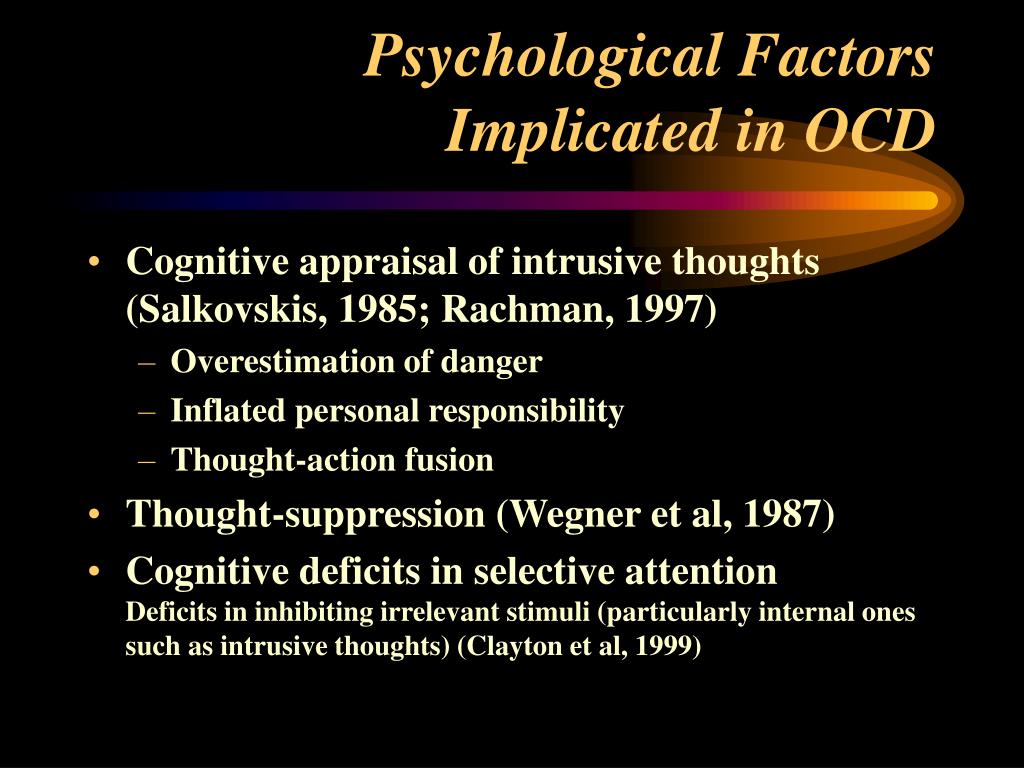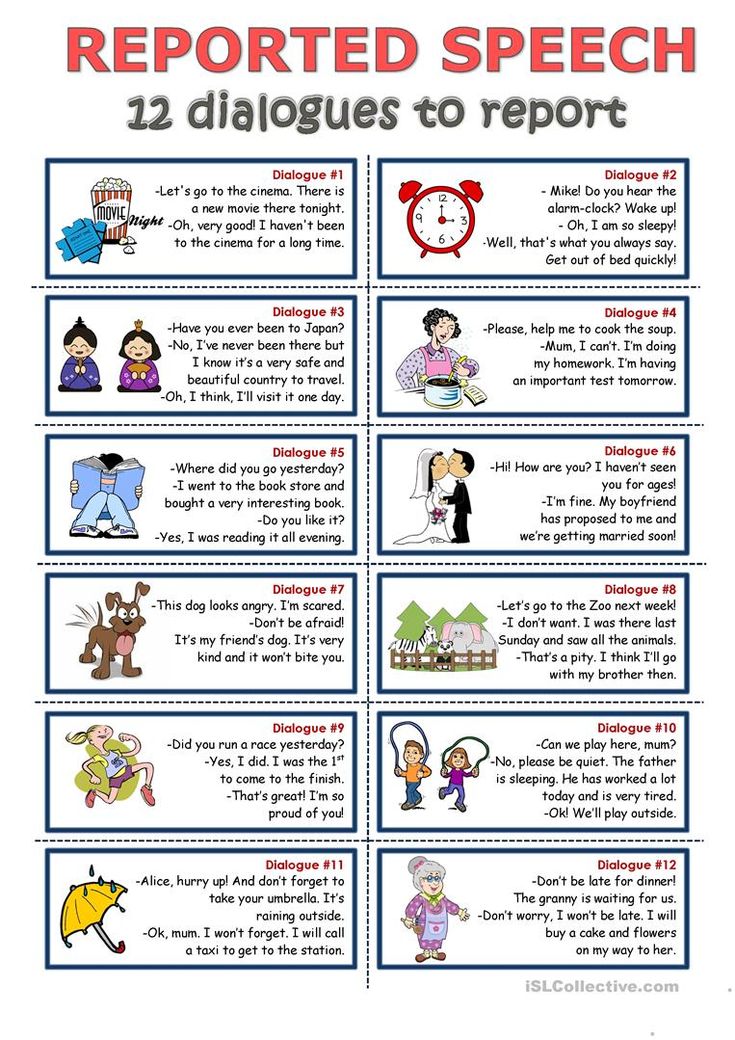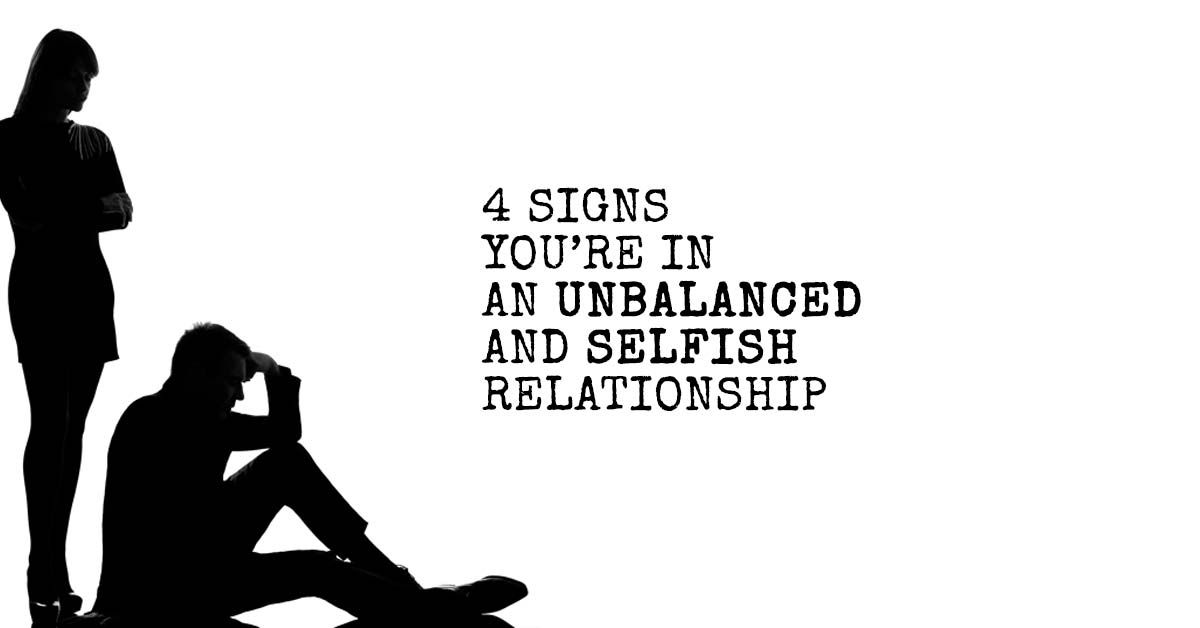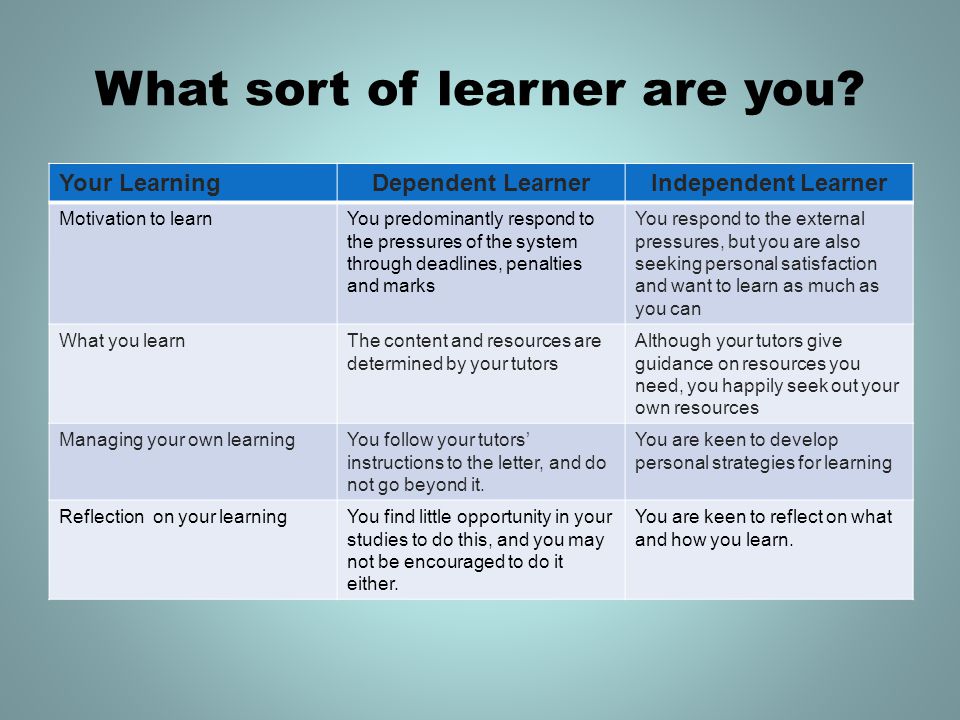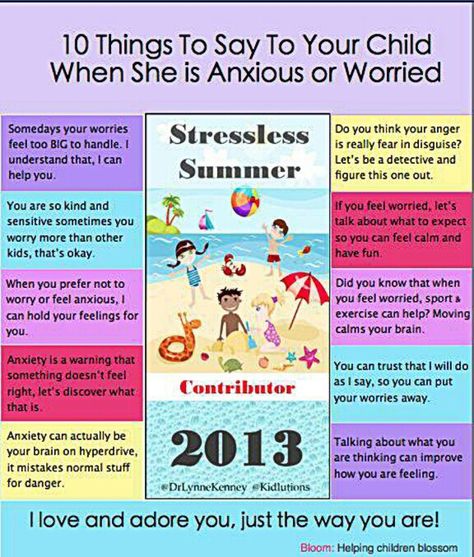Tired of drama
7 Crucial Steps to Minimize Drama in Your Life
“When you are not honoring the present moment by allowing it to be, you are creating drama.” ~Eckhart Tolle
Well into my twenties, all of my friendships with women looked a lot like junior high.
One day, we’d be codependent and attached at the hip, sending incessant play-by-play emails throughout the workday like one too many notes in class.
The next day, we’d be dragging each other by the hair into a heap of combined emotional issues, complete with nasty suspicions, unfounded accusations, and a dramatic reconciliation that would inevitably be short-lived.
Shortly after one toxic friendship eroded, I found a new one, like a mythological creature that regenerates its head immediately after it’s cut off. Things weren’t much different with the men I dated.
For a long time, I lamented all the damaging relationships I’d been in, as if I was some kind of victim who always got the short end of the stick.
Then one day I realized there was a reason I always found myself in dramatic relationships: I was attracted to drama like a moth to a flame.
Chaos was the status quo for the majority of my life, and when it wasn’t there, I panicked. I didn’t feel comfortable unless I was fighting someone, or at the very least, fighting myself.
The things I said and did contradicted because it was easier to blame the world and stay the same than it would be to really see myself and make a change.
You might not be a recovering drama queen like me, but you’ve probably encountered your share of relationship histrionics.
Maybe your close friend has as many catastrophes as there are days of the week. Maybe you’re the person everyone calls with their problems. Or maybe you unknowingly turn small issues into major crises and you’d like to stop feeling so overwhelmed.
Whatever the case, you probably have at least a little drama in your life that you’d like to minimize.
With this in mind, I recently asked on the Tiny Buddha Facebook page: How do you minimize drama in your life? I took a sampling of the 183 responses and formulated this guide to defusing drama:
1. Recognize when you might be creating drama.
You get what you put out. If you act in a way that is positive and minimal drama, you attract the same kind of positive situations and people. ~April Myers
Drama usually comes from my reaction to other people’s actions. I stop to think: Does this really matter in the long run, or am I just trying to be right? ~Anita Grimm-Hohl
I minimize drama within myself. When I’m focused and calm, so is the world around me. ~Cynthia Ruprecht Hunt
Take it off the page:
If there’s drama in multiple areas of your life, be honest with yourself—you’re the constant. Are you creating it? We don’t do anything repeatedly unless there’s something in it for us, so, what’s the payoff?
Are you looking for attention or excitement? Did you grow up with drama and you just plain feel best when there’s some around you?
Now aim to find alternative solutions.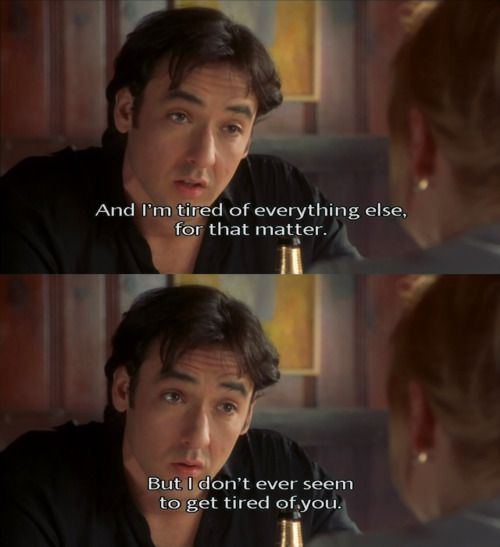 If you’re looking for attention, can you get it more directly? If you’re bored, what new adventure can create in your life?
If you’re looking for attention, can you get it more directly? If you’re bored, what new adventure can create in your life?
2. Change your perspective.
Be happy about little things, let the big stuff go because I can’t change any of it. ~Grace Foo
I zoom out in my mind to a point far enough away and above so that I can see things in my life for what they are. By doing this, I can see from a distance how small and unimportant the situation is in the big scope of the universe. ~Larry Stilts
Is this situation going to matter a year from now? If not, it’s not worth worrying about. ~Angela Orr
Take it off the page:
A lot of the drama takes place in our own heads, and it’s usually because we’re too deeply immersed in a difficult situation to recognize it isn’t as dire as it seems.
If you feel yourself getting overwhelmed by a situation, step back and realize this feeling isn’t permanent—nothing is. Then focus on action steps—on the things you can control.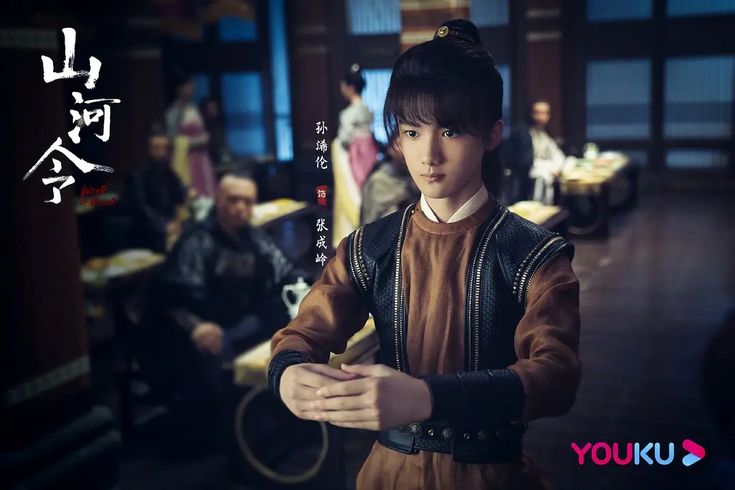 What can you today to proactively create a solution?
What can you today to proactively create a solution?
3. Don’t feed into other people’s drama.
Build a reputation for not participating in drama. ~Addy Rodriguez
Just be. Anything you resist persists. Don’t add any negative or positive focus on it. ~Nikki Star
Speak less, listen more. You have time to hear and see the drama and sidestep it. ~Alexis Benjamin
Be an observer. Not everything needs a reaction. ~Angelina PhouGui Chan-Ong
Take it off the page:
If someone repeatedly comes to you with catastrophes, give yourself a window of time when you’ll listen, and then take care of your own needs by walking away. Also, resist the urge to jump into a pity party. Oftentimes people calm themselves down when other people don’t validate their complaints.
Lastly, focus on your breath. Your calming energy may even help them let go.
4. Reconsider unhealthy relationships.
Minimize dramatic people in your life. ~Jeff Palmer
~Jeff Palmer
Befriend only people with good energy that don’t promote or create drama. ~Carmen Portela
I realize that spending time by myself is always preferable to spending time with someone who wants drama. Nothing wrong with a dull day. ~Stephanie Goddard
Remove the source of drama from my life. It really is that simple. ~Claudia Jacobs
Take it off the page:
Take an inventory of which people in your life leave you feeling stressed and unhappy more often than not. If you don’t want to completely remove a toxic relationship, minimize the time you spend together.
If you don’t want to change how often you see each other, recognize drama triggers. When the conversation moves toward her horrible mother, steer it somewhere else.
5. Be clear and straight with other people.
Be as open and honest and communicative as possible. Listen without reacting. ~Faith McGregor
If I have an issue with someone I go straight to them to talk about it, and I don’t talk to anyone else about it if they aren’t involved. Gossip breeds drama! ~Kristie Sherman
Gossip breeds drama! ~Kristie Sherman
Drama comes about because of either misunderstanding or overreaction. Be as honest and open in all cases as possible. Quell your own negative emotions, which will in turn diffuse the negative emotions of others. ~Vito Ruiz
Take it off the page:
A lot of drama comes from poor communication and confusion. Eliminate it by finding the courage to say exactly what you mean. It may be harder in the moment, but it can save a lot of heartache in the long run.
On the flip side, let people know that they can be honest with you. If someone thinks they need to walk on eggshells around you, they’ll likely hold things in—but they will come out eventually, if not in words, in resentful actions.
6. Be slow to label something as “drama.”
When it comes to people you know you love, always take an extra moment to reconsider, if the “problem” is actually a problem, if it’s worth making a big deal out of it. ~Christian Andersen Hauge
~Christian Andersen Hauge
I realize that life is a roller-coaster and my problems are much like others’ at different times. ~Margaret I. Gibson
Love them a little more. It’s who they are. It might even be you. ~Ed Pulsifer
Don’t speculate, good or bad. Simply deal with what’s actually in front of you. ~Michael Stodola
Take it off the page:
Sometimes what we’re labeling as drama is just someone who really needs us. Instead of expelling mental energy judging the situation as good or bad, focus on being there and being a friend in the moment.
Then be a friend to yourself and let the drama go when you walk away. A lot of the drama we experience in life comes from our interpretations of the things we experience—particularly after the moments have passed.
7. Learn from drama.
I attempt to allow the inevitable episode, extract any potential meaning or lesson, and equally allow it to pass. ~Joel Olmstead
I try to see the learning experience in the drama.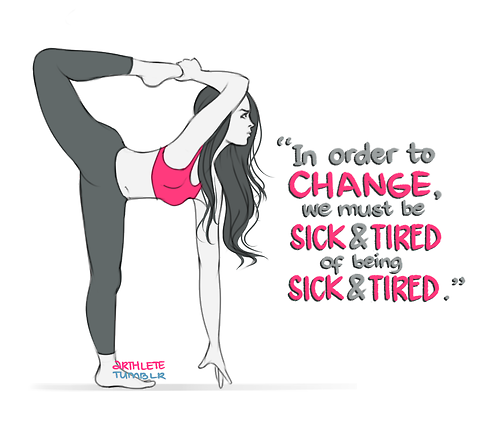 And I think of the sentence “Without rain you can’t enjoy the sunny days.” ~Anja Feijen
And I think of the sentence “Without rain you can’t enjoy the sunny days.” ~Anja Feijen
Accept it, learn from it, and go on with life. ~Vincent Neerings
Take it off the page:
Sometimes it seems like drama happens to us, and we’re powerless to remove ourselves from the cause. Another perspective is that every time we find ourselves immersed in something that seems overwhelming, we have an opportunity to learn how to deal with challenges better.
Life will always involve mini fires that we feel desperate to put out. If we can learn not to fan them, they may actually be able to light our way.
Some of the Facebook responses were slightly edited for spelling; some were part of longer responses with more detail.
About Lori Deschene
Lori Deschene is the founder of Tiny Buddha. She’s also the author of Tiny Buddha’s Gratitude Journal, Tiny Buddha's Worry Journal, and Tiny Buddha's Inner Strength Journal and co-founder of Recreate Your Life Story, an online course that helps you let go of the past and live a life you love. For daily wisdom, join the Tiny Buddha list here. You can also follow Tiny Buddha on Facebook, Twitter, and Instagram.
For daily wisdom, join the Tiny Buddha list here. You can also follow Tiny Buddha on Facebook, Twitter, and Instagram.
See a typo or inaccuracy? Please contact us so we can fix it!
Draining the Drama out of Your Relationships
A little relationship drama is healthy. Strong emotions are evidence that we care about someone. In fact, if a relationship is drama-free, it might lack appropriate passion or commitment. A lack of drama, however, usually isn’t the problem. You know what I’m talking about. You’ve got that relative, coworker, or friend in a relationship who’s all drama, all the time. When drama defines a relationship, you need to find the source and drain it out.
Defining Drama
Here are four of the most common sources of relationship drama.
1) The Battle of the Mundane. Drama shows up in arguments about who’s right or wrong in a situation where there is no right or wrong. When your coworker says the office is too cold, there’s no way to prove she’s right unless icicles hang from your cubicles.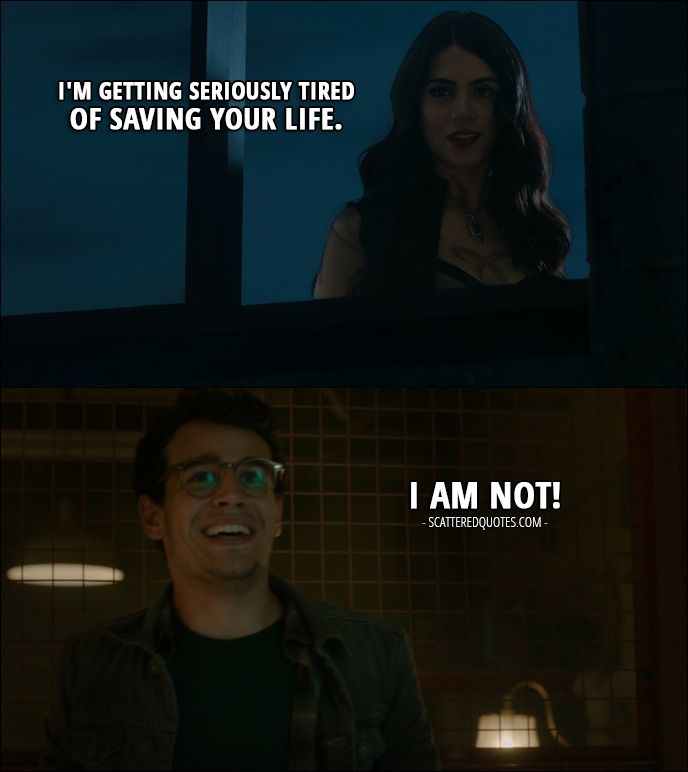 You can’t prove that your best friend is a slob unless he has cobwebs in his armpits and stains on all of his clothes. We get frustrated when someone else experiences the world in a way we can’t understand, but it’s a common relationship dynamic. In low-drama, low-maintenance relationships, people talk about how to manage differences instead of squabbling over the minutia of life.
You can’t prove that your best friend is a slob unless he has cobwebs in his armpits and stains on all of his clothes. We get frustrated when someone else experiences the world in a way we can’t understand, but it’s a common relationship dynamic. In low-drama, low-maintenance relationships, people talk about how to manage differences instead of squabbling over the minutia of life.
2) The Battle for Objective Reality. Ever had a conversation like this?
Jane: Hi, Mike.
Mike: Hey.
Jane: What’s wrong? You sound mad. Am I bothering you?
Mike: No, I’m just tired.
Jane: What did I do?
Mike: Nothing! I’m just tired.
Jane: Now you definitely sound mad at me.
Mike: No, you sound mad at me! I didn’t do anything!
When we second-guess, interpret, and analyze others, it’s easy to end up with erroneous information. In this situation, Jane should’ve taken Mike at his word. Yes, some people are passive-aggressive and avoid direct communication, but trying to pull the truth out of such folks just reinforces the behavior. If your boyfriend says he’s tired when he’s actually mad at you, it’s his problem that he can’t bring himself to communicate.
If your boyfriend says he’s tired when he’s actually mad at you, it’s his problem that he can’t bring himself to communicate.
3) The Battle for Power. The number one cause of drama is a simple yet powerful dynamic we’ll call auto-correction. If someone says something that hurts our feelings, it makes us feel powerless. We usually want that power back right away. The only way to do this is to say something more hurtful. This is why people say things they don’t mean when they fight. In drama-packed relationships, people argue to get the upper hand instead of trying to resolve problems.
4) The Battle Within. Drama rooted in delusion is the most difficult to overcome. Wounds from old relationships can resurface in new ones. For example, if you still suffer from a past betrayal, you may be suspicious in new relationships and see deceit where none exists. Projection of old hurts onto new relationships can result in conflicts that feel psychotic.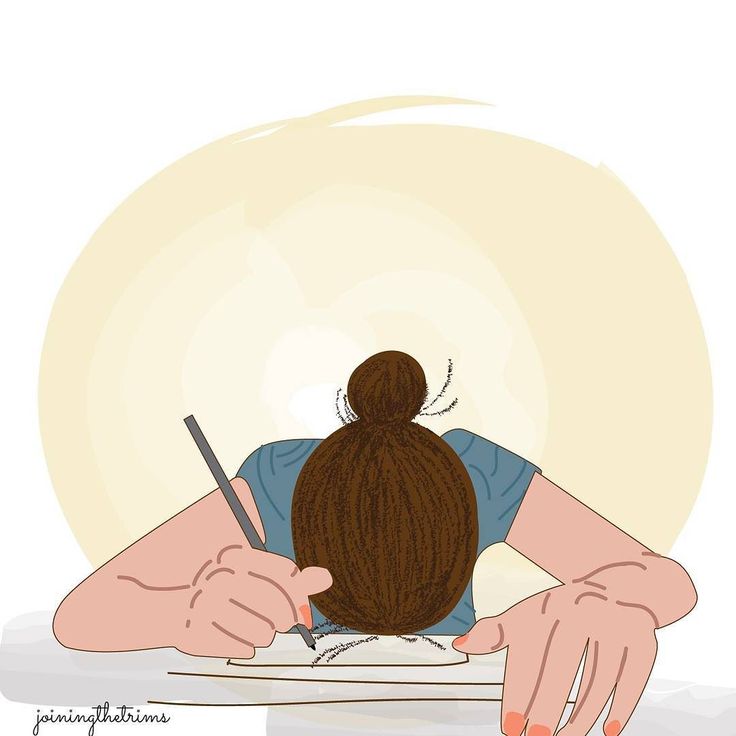 If all your relationships have conflicts with a recurring theme, you might need professional counseling.
If all your relationships have conflicts with a recurring theme, you might need professional counseling.
Overcoming Drama
The following three steps might not drain all the drama from your relationship, but they should at least soak some of it up.
1) Take a Break. When we become upset, our nervous system kicks into fight-or-flight mode. It takes a minimum of 20 minutes for your biochemistry to return to normal, allowing you to relax and think rationally. When arguments become heated, agree to take a break and resume the conversation when you’re both calm.
2) Show Compassion. Ephesians 4:32 says, “Be gentle with one another, sensitive. Forgive one another as quickly and thoroughly as God in Christ forgave you” (The Message). Let go of your own needs for a moment and let the other person know you care and want to understand, even if you disagree. Love and sensitivity drain drama faster than anything.
3) Rely on God’s Love (Not Yours). Some people drive me nuts. I don’t have enough love and compassion for them, but God does. Romans 9:16 says, “Compassion doesn’t originate in our bleeding hearts or moral sweat, but in God’s mercy” (The Message). Putting relationships in God’s hands is always the best move. God’s tolerance for drama is a lot higher than ours, because His capacity for love is so much greater.
Some people drive me nuts. I don’t have enough love and compassion for them, but God does. Romans 9:16 says, “Compassion doesn’t originate in our bleeding hearts or moral sweat, but in God’s mercy” (The Message). Putting relationships in God’s hands is always the best move. God’s tolerance for drama is a lot higher than ours, because His capacity for love is so much greater.
Normal Drama
It’s inevitable that we will encounter some drama in our lives. To keep things in check, here are three common ways acceptable drama may enter your relationship.
1) Occasional jealousy. Jealousy gets a bad rap. People think it’s a sign of insecurity or possessiveness. That’s the case with chronic jealousy, but occasional jealousy just means you’re serious about a relationship and wary of potential threats. Friendships with members of the opposite sex are common for young adults, making it easy for a boyfriend or girlfriend to get their emotional feathers ruffled.
2) Righteous anger. Some Christians think anger is a sin or a sign of immaturity, but sometimes we’re supposed to get mad. If someone intentionally or recklessly hurts you, it’s fine to express anger. The right amount of assertiveness demonstrates self-esteem and an expectation of respect from others.
3) Sadness over loss. When we experience loss, whether it’s the death of a loved one, the end of a relationship, or the derailing of hopes and dreams, sadness is a healthy reaction. Ecclesiastes 7:3 says, “A sad face is good for the heart” (NIV). God created us to experience the full range of human emotions, not just serenity and happiness. Sadness also gives us empathy and patience later, when we need to support someone else going through a loss.
"I think the world is tired of successful people"
Director and producer Yevgeny Grigoriev gave a long interview for the site of the film company "First Cinema", the founder of which he is. We publish several important points from it.
We publish several important points from it.
About his tasks at the Sverdlovsk Film Studio
- I am a systematic person, wherever I go, I create infrastructure everywhere. Perhaps it is my village history that we should have as much autonomy as possible. Right now, at the First Cinema, if we don't have a penny of the budget, we can get into our car, take our camera, hang up our lens, take our sound kit, a small set of lights, shoot material, return, sit in our own mounting and do everything. This is a critical infrastructure that a film company should have. It took me a while to create it, but, nevertheless, it exists now. In this sense, I feel more confident. And now at the Sverdlovsk Film Studio I am doing the same thing: I am creating a critical infrastructure. But it is not only in equipment, it is also in people. It should be a clear legal outline, it should be a clear professional outline. This is more difficult than with equipment, despite the sanctions.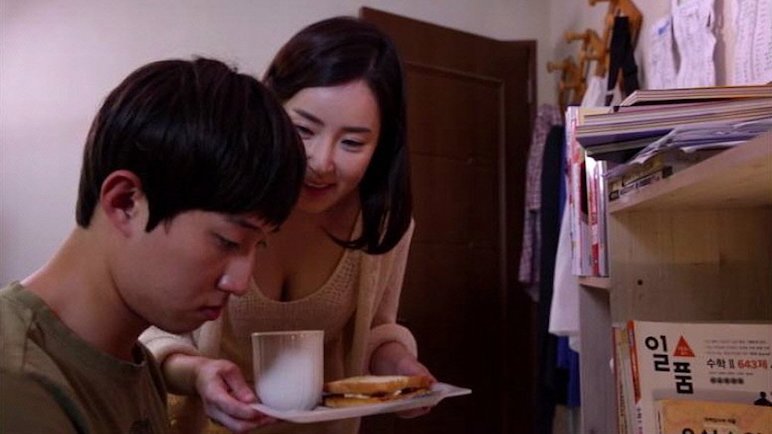 Because there are very few people who are ready to work with such a high added intellectual value. This is the most important thing that moves you forward: the complication of tasks, the increase in stakes. Otherwise it's not interesting.
Because there are very few people who are ready to work with such a high added intellectual value. This is the most important thing that moves you forward: the complication of tasks, the increase in stakes. Otherwise it's not interesting.
About the game debut "Podelniki"
- This is a funny movie. Life does not consist of one drama. In general, I am always in favor of laughing to tears in the cinema. Yes, there are a lot of funny things, there are ironic dialogues. Monologues are written there: the worse, the better. Lots of paradoxes. But we also have a lot of absurdity in life. Now we have the feeling that we live like in "Accomplices": the worse, the better.
About working on the new feature film
“I'm making Breaking Bad, which is basically generational because I'm in my early 40s, and I explore in a playful movie a man in the modern world of a dramatic crime comedy genre. A man who is a little confused, it does not even matter what social stratum he is in.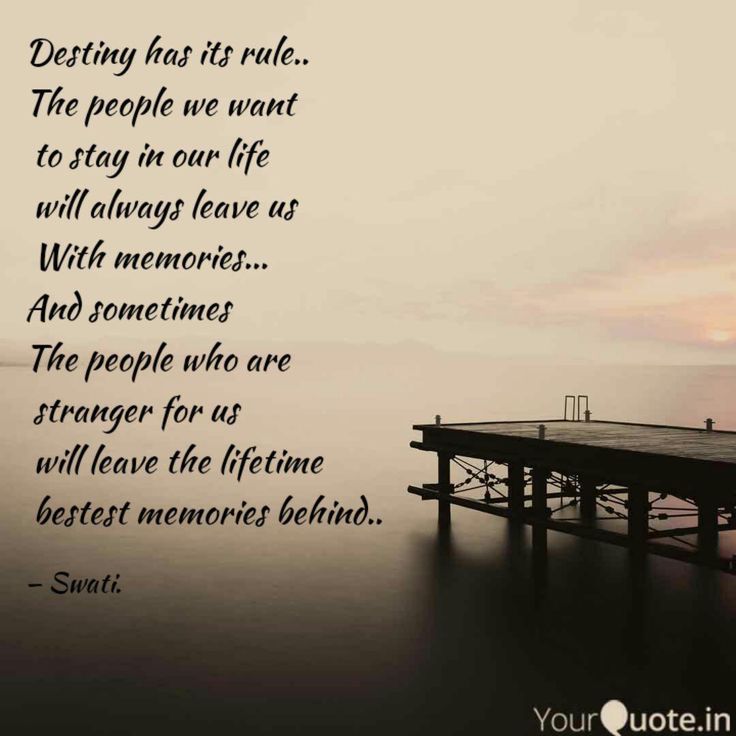 Men, thanks to scientific and technological progress, are no longer biologically needed, women can cope without men with the help of IVF. I mean in terms of evolution. It is no coincidence that some "Two Hills" appear. A woman, when it is convenient for her, is a free person; when she is comfortable, she is a weak woman. When she wants to, she should be looked after, when she doesn’t want to, this is already harassment. In these new social norms, it is quite difficult for a man to adapt. I do not defend men who engage in domestic violence. I'm talking about people who just live. People get divorced, then it is difficult to find a loved one if your first marriage has already broken down, etc. It is difficult to find a life partner. Because you are already forty, you are already overgrown with sores, habits, children, worldview and moral coordinate system.
Men, thanks to scientific and technological progress, are no longer biologically needed, women can cope without men with the help of IVF. I mean in terms of evolution. It is no coincidence that some "Two Hills" appear. A woman, when it is convenient for her, is a free person; when she is comfortable, she is a weak woman. When she wants to, she should be looked after, when she doesn’t want to, this is already harassment. In these new social norms, it is quite difficult for a man to adapt. I do not defend men who engage in domestic violence. I'm talking about people who just live. People get divorced, then it is difficult to find a loved one if your first marriage has already broken down, etc. It is difficult to find a life partner. Because you are already forty, you are already overgrown with sores, habits, children, worldview and moral coordinate system.
About the hero of our time
– I believe that the world is tired of successful people. Nothing hurts like someone else's successful Instagram.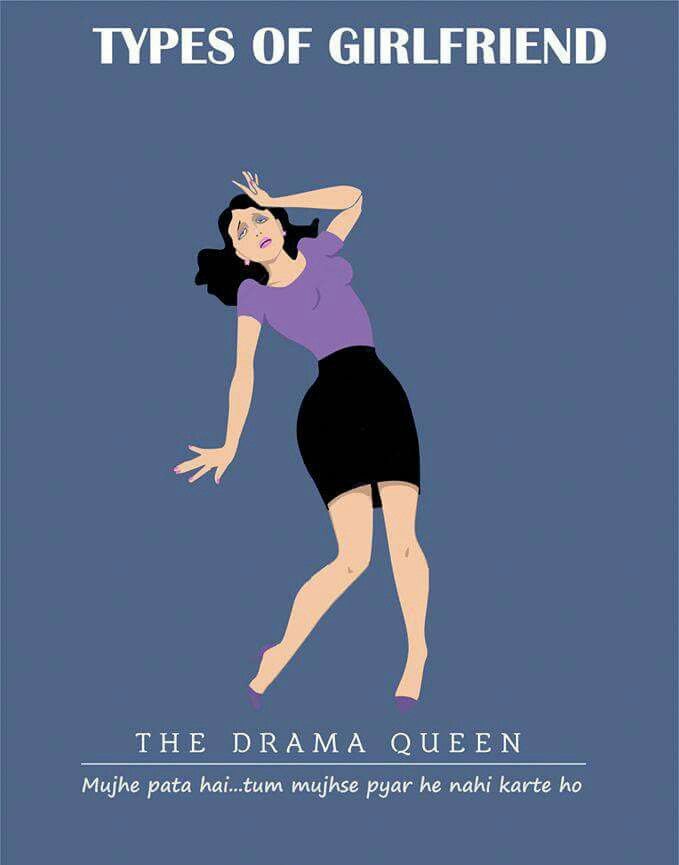 The world needs storytellers, people who are trying to fix the world, trying to patch up the holes that imperialist wars make in it. These people remember that there are no pockets in the coffin and want to do more than they need to. Who do something so that the meaning of living is not to process solar energy into endless people's grief. It seems to me that this type of people is what we need now.
The world needs storytellers, people who are trying to fix the world, trying to patch up the holes that imperialist wars make in it. These people remember that there are no pockets in the coffin and want to do more than they need to. Who do something so that the meaning of living is not to process solar energy into endless people's grief. It seems to me that this type of people is what we need now.
About the dock "After success" about the group "Beasts"
- Roma (Bilyk, leader of the "Beasts" group - Ed.) called me before the New Year. He says: “I want a picture about the group“ Animals ”. I say: "Roma, I don't shoot pictures about bands, I don't shoot biopics." He says, "I don't want a biopic, I want it like Pro Rock." I say: "Is there a reason for this?" We met, I found the basis for this picture. I thought for a long time about what to talk about after success? But there were three interesting facts. That's what I came up with. It's strange, now I have "After Success" based on the ancient understanding of man.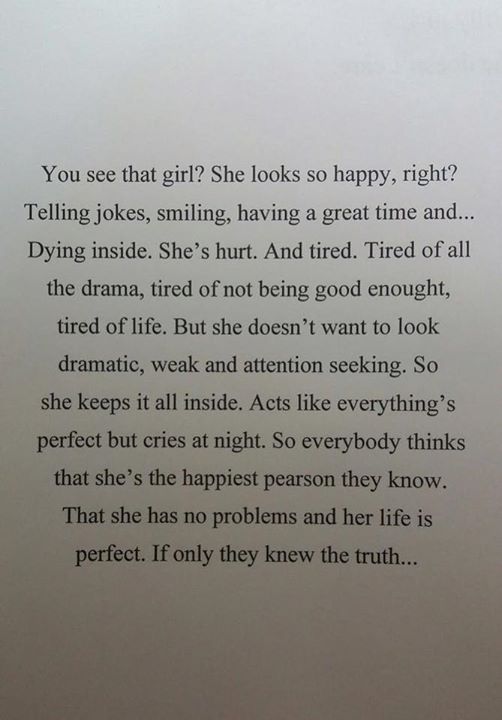 And the game picture is based on the Hellenic coordinate system: the clash of barbarians and Hellenes. And about the group "Beasts", by and large, about the same. I don’t know what will happen in the non-game, but in the game the barbarian will give his life for the Hellene. Although the Greeks, of course, will receive cabbage soup. And forever change.
And the game picture is based on the Hellenic coordinate system: the clash of barbarians and Hellenes. And about the group "Beasts", by and large, about the same. I don’t know what will happen in the non-game, but in the game the barbarian will give his life for the Hellene. Although the Greeks, of course, will receive cabbage soup. And forever change.
About the project "City Code"
“This is the best way to get to know your own country. Fragmentally, when you stumble across a vast territory at a point where people love, build, give birth, create, fight for something - it's very interesting to see. And when you suddenly wonder: who am I, where do I come from and what am I doing here? It's interesting to do this research. This is also an important project for me as a co-author and curator in that it is an opportunity to change the fate of people who seem to have graduated from school, university, left the institute, and realized that they graduated from the wrong faculty.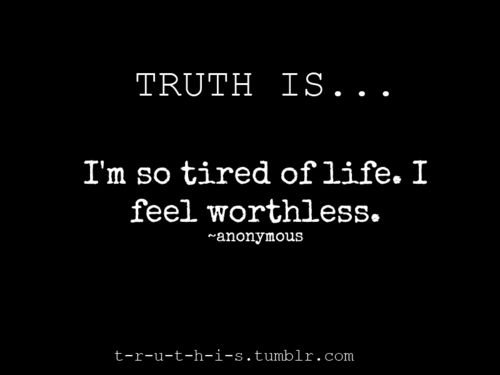 And investing another five years of your life in education is difficult. The risk is big. Suddenly you go out again and you realize that again it’s not right. And you are already under thirty, already a wife or husband, children, a mortgage. And "City Code" is a short program that allows you to sip creativity. If you understand that this is your path, then everything, neither money, nor medication, nor even death will give you the beauty and freedom that you could get by making non-fiction films. Doc is the best kind of cinematography, the richest. The path to the final credits is valuable in itself, it doesn’t matter whether the movie turned out or not. You live an amazing, meaningful life filled with meetings with interesting, multifaceted, voluminous people.
And investing another five years of your life in education is difficult. The risk is big. Suddenly you go out again and you realize that again it’s not right. And you are already under thirty, already a wife or husband, children, a mortgage. And "City Code" is a short program that allows you to sip creativity. If you understand that this is your path, then everything, neither money, nor medication, nor even death will give you the beauty and freedom that you could get by making non-fiction films. Doc is the best kind of cinematography, the richest. The path to the final credits is valuable in itself, it doesn’t matter whether the movie turned out or not. You live an amazing, meaningful life filled with meetings with interesting, multifaceted, voluminous people.
Read the full version of the interview at the link.
Read about all the current projects of the Sverdlovsk Film Studio in our review.
SHARE
RUBRIC
- STUDIO
- INDUSTRY
- EDUCATION
- 80 YEARS OF THE STUDIO
- FESTIVAL
Subscribe
to news
E-mail field
By clicking on the button, you agree to the processing of personal data
The rearguard is tired - Donskoy Drama and Comedy Theatre.
 V.F.Komissarzhevskaya. Cossack Drama Theater
V.F.Komissarzhevskaya. Cossack Drama Theater "A Month in the Village". I. S. Turgenev.
Donskoy Drama and Comedy Theatre. V. F. Komissarzhevskaya (Cossack Drama Theatre, Novocherkassk).
Director Natalya Lyudskova, artist Anastasia Glebova
Actually, we did not witness a whole month during which the young teacher Alexei Belyaev was "taken into condition" in the village estate of the Islayevs. The events of three days passed before us: human relations tied into the tightest knot and their swift denouement. But the characters brought the backstory of that relationship with them to the stage. And, above all, Natalya Petrovna.
She appeared extremely nervous, tormented by shame at not being able to hide her feelings. Evelina Rudenko played the despair of a mature woman, stung by a passion for a youth (in that cast, the role of Belyaev was played by Alexander Rudenko). This motive, of course, was also present in the way the heroine of Victoria Shatokhina behaved. However, strictly speaking, Natalya Petrovna, her husband Arkady, and Rakitin were not that far apart in age from Belyaev (in our time, it is definitely not the case: creative competitions for young people are marked by a border of up to 35 years). And although Natalya Petrovna, in the heat of frankness, admitted that "she herself was never young", it was not Kolya's teacher's youth that turned out to be a more insurmountable abyss. He was just different. It was in this conflict that Victoria Shatokhina and Vladislav Zaitsev existed.
However, strictly speaking, Natalya Petrovna, her husband Arkady, and Rakitin were not that far apart in age from Belyaev (in our time, it is definitely not the case: creative competitions for young people are marked by a border of up to 35 years). And although Natalya Petrovna, in the heat of frankness, admitted that "she herself was never young", it was not Kolya's teacher's youth that turned out to be a more insurmountable abyss. He was just different. It was in this conflict that Victoria Shatokhina and Vladislav Zaitsev existed.
And Rakitin even printed his general condition as a diagnosis: "It's funny to me that we ended up in the rearguard." This is what the play is about, in fact: about the tragicomic life of people who are boring and already tired in their 30-40 years of life. And smart, noble Rakitin (Aleksey Sitnikov), but painfully insipid and aware of his disadvantageous qualities. And Islaev (Oleg Radchenko), the only person busy with business (he has a dam, some kind of building).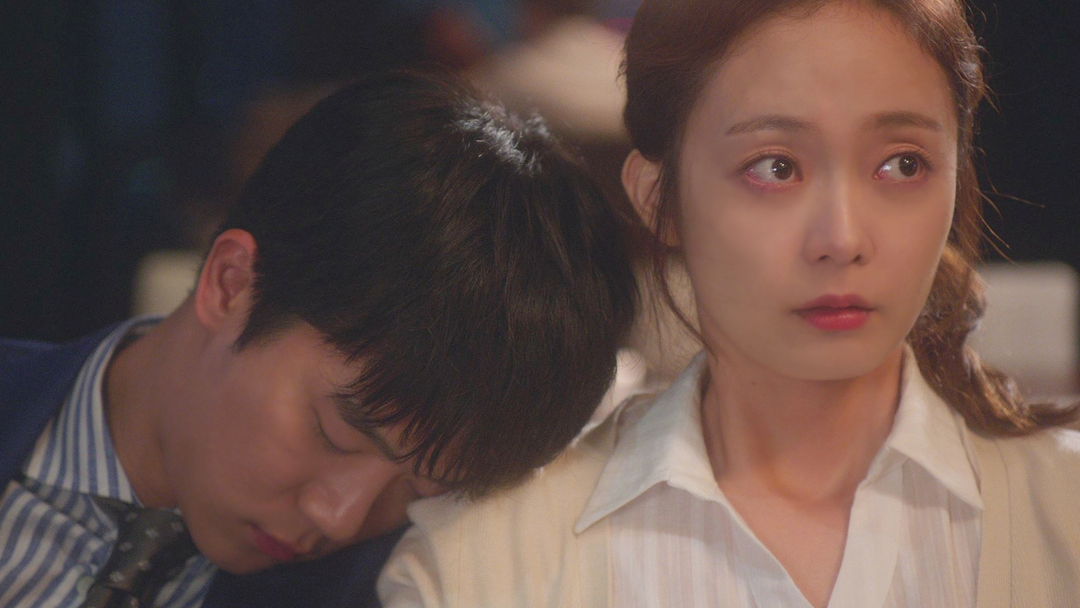 His unresisting kindness is akin to spinelessness. Dispersing, as if in a duel, at a decent distance from the admirer of his wife and trying to find out the truth, Islaev came closer and closer to him, forgiving, shaking hands, sitting down with him on the same chair, psychologically also not feeling inconvenience.
His unresisting kindness is akin to spinelessness. Dispersing, as if in a duel, at a decent distance from the admirer of his wife and trying to find out the truth, Islaev came closer and closer to him, forgiving, shaking hands, sitting down with him on the same chair, psychologically also not feeling inconvenience.
These gentlemen were typical idiots. "Rearguard", in a word. And the teacher freely and ingenuously showed a lively participation in everything that he saw around. And although he had his own complexes about low income and social distance with the gentlemen, he felt freer than they did. He came from a world where regulations were far from important in everything, where they valued simple joys and easily found a common language with people not only of their own circle. And he certainly taught Kolya with pleasure, and launched a kite, and could deftly pick a flower from a cliff, and chat about trifles.
At the last explanation, shocked by the recognition of a seemingly inaccessible creature from other worlds, Belyaev convulsively tried to take advantage of the minute and, out of embarrassment, even took off his shoe. In this risky scene, Evelina and Alexander Rudenko played the purest melodrama, and Victoria Shatokhina and Vladislav Zaitsev played a vaudeville episode.
In this risky scene, Evelina and Alexander Rudenko played the purest melodrama, and Victoria Shatokhina and Vladislav Zaitsev played a vaudeville episode.
The drama of the absolute mismatch of feelings of everyone with everyone constantly exploded with farcical situations. Anna Semyonovna, with the habits of a grand dame (a caricature by Valentina Ivankova), spoke in a bass voice, and the more significant she tried to give her speeches, the funnier they seemed. Without allowing herself a single natural gesture, in the finale she nevertheless “raises her eyes to the sky, as if wanting to alienate herself from everything that happens around her” (author’s note).
And an unimaginable mess was going on around, to which, as if to a performance, the servant Matvey (Alexander Barkov), who comes to the fore in the prologue, invited with a wide stage gesture. He was dressed in an ordinary peasant shirt, belted with a belt, and trousers tucked into boots. In addition - unexpected white gloves, like a butler in an aristocratic house. The director enlarged this figure, giving her much more will than the author of the play. This is an important character who did not at all think of alienating himself from what was happening, but, on the contrary, without changing his impassive facial expression, introduced a note of rationality into the stupid lordly affairs. Either he appeared from under the floor with a candle at the most juicy moments, interrupting the hostess’s shameful scene with a young teacher, or he silently put a stack of books in a suitcase after two educated gentlemen fiddled with the lock to no avail. He carried out two suitcases and handed Rakitin a stack of books tied with twine, anticipating his decision, and he, accepting it, stated with some degree of amazement: "I'm leaving ...".
The director enlarged this figure, giving her much more will than the author of the play. This is an important character who did not at all think of alienating himself from what was happening, but, on the contrary, without changing his impassive facial expression, introduced a note of rationality into the stupid lordly affairs. Either he appeared from under the floor with a candle at the most juicy moments, interrupting the hostess’s shameful scene with a young teacher, or he silently put a stack of books in a suitcase after two educated gentlemen fiddled with the lock to no avail. He carried out two suitcases and handed Rakitin a stack of books tied with twine, anticipating his decision, and he, accepting it, stated with some degree of amazement: "I'm leaving ...".
In terms of comedy, they overdid it a little. Oleg Khaustov and Roman Pulichev (Shpigelsky and Bolshintsov) turned their dialogue about the difficulties of marriage into a pure-bred sketch (much less assertive in the premiere performance), and the parody courtship of the doctor to Elizaveta Bogdanovna (Olga Barkova) in terms of the degree of laughter would give a hundred points ahead of the parsley performance, capable of stunning any quadrature area. But behind the cheerful cynical bravado of Shpigelsky it would not be difficult to see the longing for happiness, which must have been somewhere.
But behind the cheerful cynical bravado of Shpigelsky it would not be difficult to see the longing for happiness, which must have been somewhere.
And there was also beauty that the main characters didn't notice. Several rows of light-colored strips of light banner mesh formed a curtain through which the owners and guests of the Islaev estate entered and exited. At the top, various-sized gazebos, similar to birdhouses, hung. And when a special light superimposed glaring leaves on the strips (this is the work of Boris Mikhailov), a beautiful garden was guessed behind the curtain. Belyaev and Kolya were flying a kite somewhere there, and Natalya Petrovna, wounded by indifference to herself, was attached to young joy. By the end, the teacher, ready to leave, slowly retreated into the depths of the curtain, as if dissolving in it.
In the midst of this seemingly barely outlined, but undoubted beauty, continuous turmoil arose. And what a beautiful life it must have been! This allusion to a well-known quote, I think, is excusable to me, since in the productions based on Turgenev, Chekhov's discourse is so obvious that it is impossible to bypass it: in the depiction of both characters and collisions.
